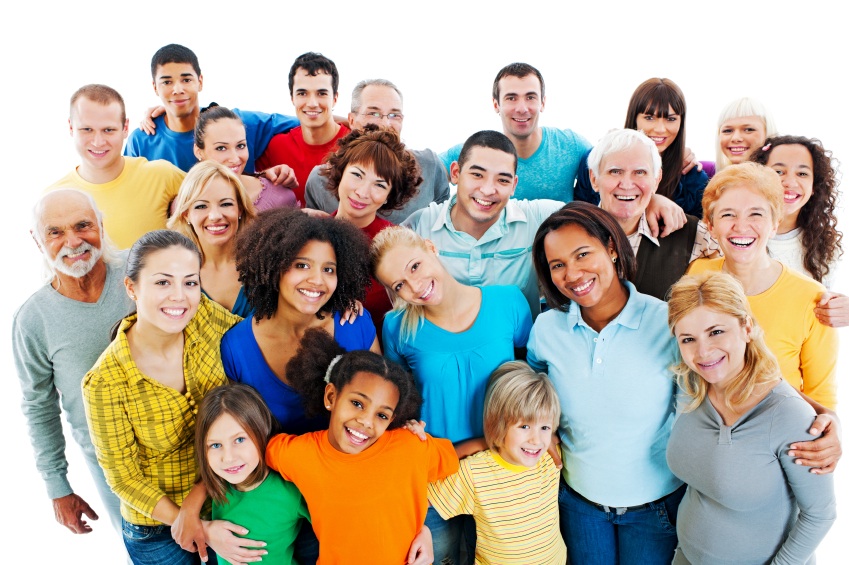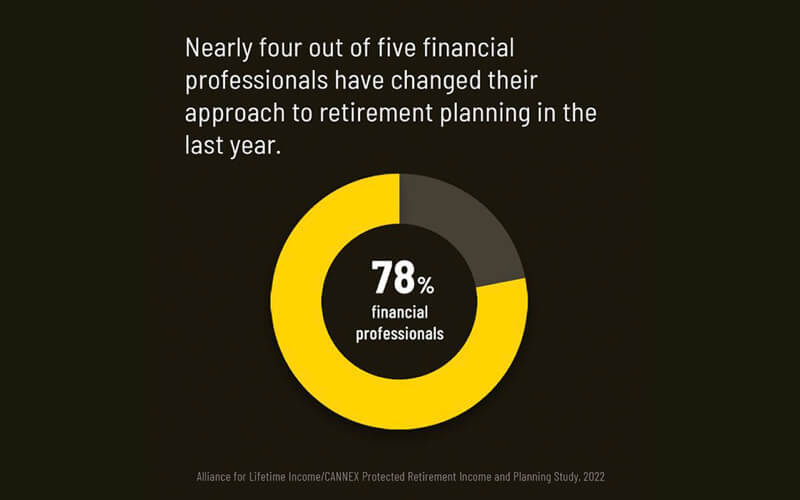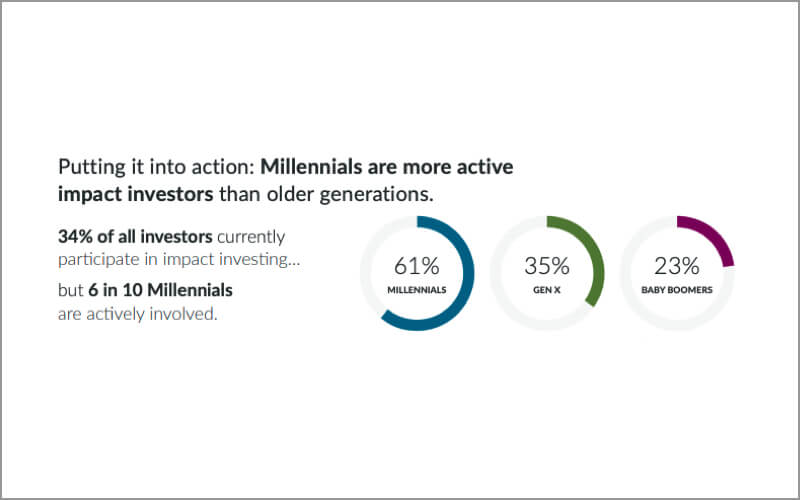David Brooks on how emotions drive decision making
It’s hard not to like David Brooks. His columns and political commentary are so reasonable. He makes sense out of so many murky issues in our political constellation.
I’m excited to see that he tackles the admittedly large topic of human decision making in his recent book, The Social Animal.
My original enthusiasm came from a PBS News Hour interview. When asked why it’s wrong to think reason rules, Brooks replies, “Because our emotions tell us what to value. They’re like a little GPS system: Go that way. Don’t go that way.” Brooks’ comments resonated because emotions are a key factor in motivation research.
I became more enthralled in The Social Animal when Brooks used an expository device popularized by an early-career hero of mine, the French philosopher Jean-Jacques Rousseau. Just as Rousseau used his character Emile to explain a theory of education, Brooks introduces us to Harold and Erica to set forth some of the latest thinking on the ways that people’s lives are shaped by their background, their surroundings and the decisions they make.
He follows this engaging pair through their youth and young adulthood, during which they meet and marry, and on through the balance of their lives. Each chapter, all noteworthy for their colorful titles—“Decision Making”, “Norms”, “Limerance”, and “The Insurgency”—explains both how the conscious and unconscious minds interact and the ascendance of emotion over reason in decision making. (Sound familiar? Read our blog post on Emotion in Business Decisions.)
The implication Brooks draws—“reason and emotion are not separate and opposite. Reason is nestled upon emotion and dependent upon it. Emotion assigns value to things and reason can only make choices on the basis of those valuations.”—taps into the essence of means-end theory. It brings me joy to see a popular writer/thinker explain the model we live by.





Interesting. But See Daniel Kahnmann’s intersting new book – Thinking Fast, Thinking Slow for a slightly different take, which agrees that thinking fast – emotions/intuitions if you will – does take precedence, but that thinking slow – the thoughful/rational is very important too. So values may be drievn by emotion but modulated by reason…surely that is what defines us as humans rather than animals. The really difficult bit is the extent to which these competing sides of the brain interact when making decisions in different contexts
Dave, sometimes one cannot predict an emotional response. Some years ago I was participating in an art fair and in speaking to one person I commented that my art doesn’t really have an emotional content. Someone in the back piped up saying, “I don’t know about that!”
The “art” of leading/guiding/showing what emotional response to have must be a sometimes dicey proposition as I sometimes see a televison commercial in which I have a definite negative response. Anna
Hey Dave,
Nicely done summary and commentary. I think this book is required reading for people who are serious about marketing (or politics for that matter!)
Tom